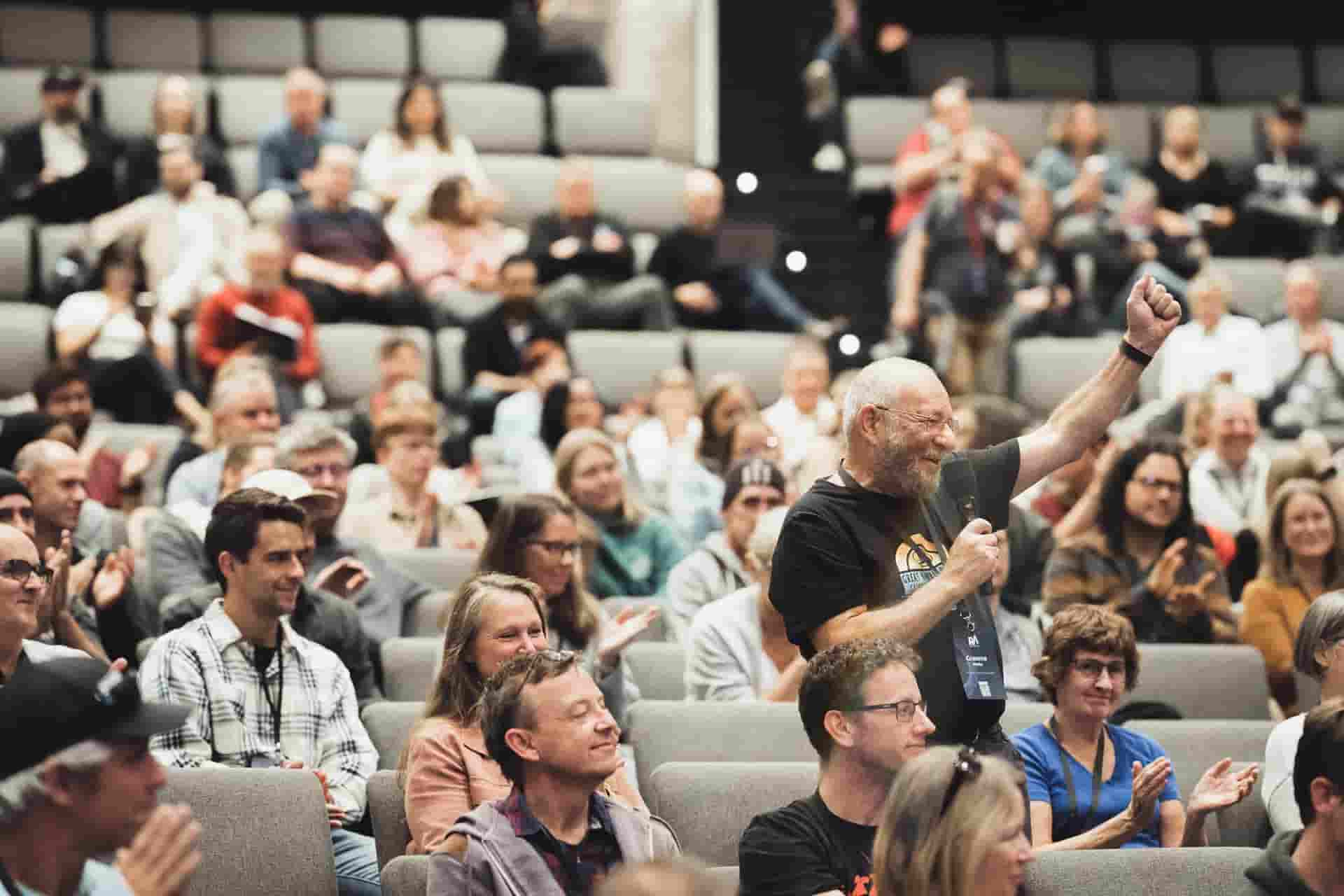Pete Hughes is the team leader at Soma Church in North Ryde. He offers his advice on the three pieces of computer technology that have helped his ministry grow.
Ministry is about God’ word and people. Technology will never be a substitute for that, but it can be a great help, when used well and when the right tool is used for the right job. Of course everyone’ ministry and way of doing ministry is slightly different and what has worked for us may not work for you. For example, for us at Soma, all most all of our people have smart phones and the tools we use have portals that can be used anywhere and they are good at communicating online, so these tools work for us. You may have people who don’t have smart phones and don’t like technology and so these tools might not work for you.
I will outline a few highlights of three tools we use, but you really need to spend a little time playing with each and watching the short video tutorials to get the most out of each one. While you might not find something exactly right, make sure you find something that works for you and your people. There is no point spending buckets of money on a super-geeky database that no-one can actually use. If something we are using doesn’t work for you, ask around – I have found that better than looking myself. There are people who live in these worlds and know all the products available, but I am not one of them.
But here are three tools I have found really helpful:
Item: Church Community Builder (CCB)
www.churchcommunitybuilder.com
Cost: depends on the size of the church, we are currently paying an annual ~$1000 subscription.
What does it do? CCB is essentially an online database, or in their words web-based management software . But the difference between a database of names and addresses on my computer and this is that it allows people to access their own information, groups, etc. (Though as an administrator you get to control security of who sees and does what). It is very similar to The City (www.onthecity.org), but we chose CCB because of the experience we had with support staff and The City is more about people connecting together (like Facebook), whereas CCB has the mentality of helping people grow. This is shown in a module called process queues which we use to help send out information to new people and allocate follow up phone calls, etc.
Each ministry in the church can have its own group where they can communicate with each other, request needs, upload files, etc.
How does it help with ministry? It helps people connect with each other through the week. The process queues help us be more efficient in welcoming and following up new people.
How can I try it out? CCB allows to you get into one of their test grounds and play around a little. Or if you want something a lot less complex why not start with Staff Tool (www.stafftool.com) a much cheaper and simpler variation.
Item: Planning Center Online (PCO)
Cost: Again sliding costs, we pay an monthly fee of $15 a month
What does it do? One thing that CCB does not have is a module to facilitate rostering (at least not yet). No matter how organic your church, there is still some rostering that takes place and you could use Google Docs, but PCO allows you to do this more effectively and efficiently. The strength of the software is that it sends out email requests to people who respond by pressing a big green button or big red button. It means the connection between people running the services and others involved is quicker and more efficient.
How does it help with ministry? There is less time spent on the admin grind of rostering allowing for more time on ministry.
How can I try it out? PCO allow you to test their product for 30 days to see if it works for you.
Item: Things
Cost: $70 for the desktop, you can download the iPhone App for free. This is a Mac only product.
What does it do? This tool is actually for the pastor than the church. It is a personal management system that allows you to track what you need to be doing and schedule those things that you need do regularly.
How does it help with ministry? For me, it stops me from doing purely reactive ministry and also means I don’t forget to do all those little, but important things.
How can I try it out? I started with the iPhone app and graduated to the desktop. You can also use Evernote (www.evernote.com), which is free but I found it a little more clumsy at the time I was looking for something.
But in closing I want to emphasize that technology is not here to replace ministry. A successful technological tool can be measured by does this free me up to spend more time with God’ Word and with people?


